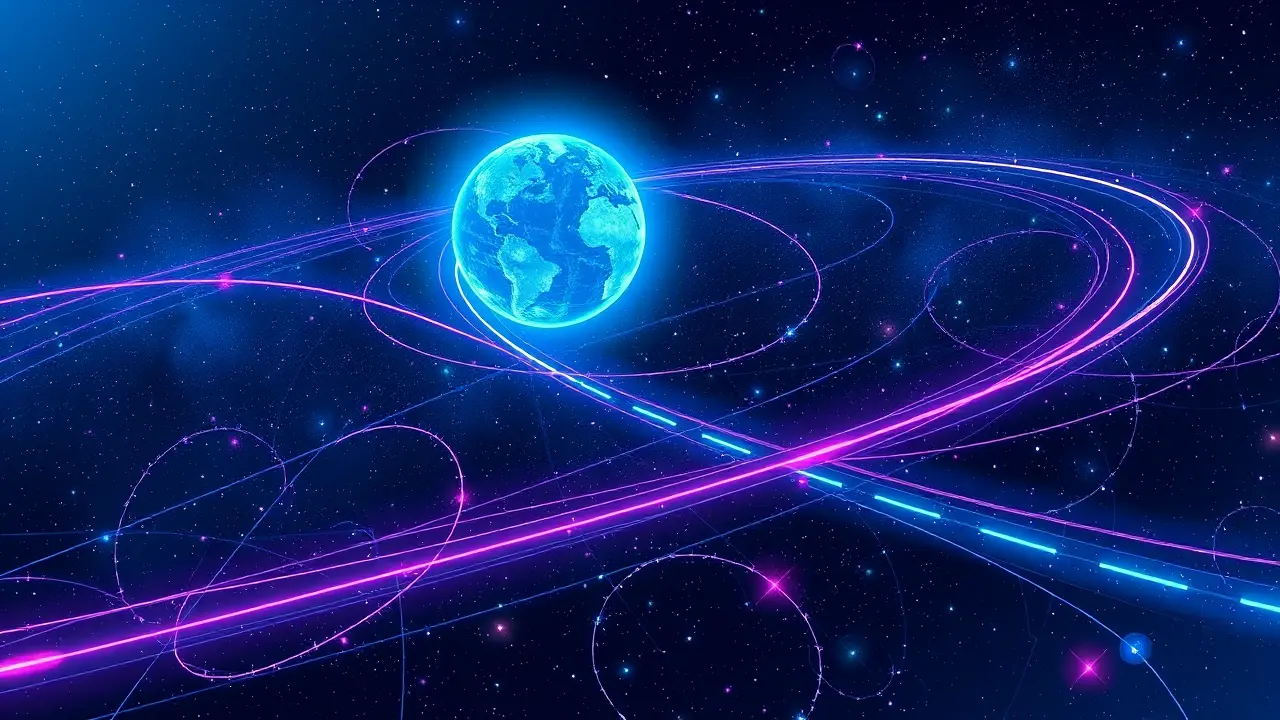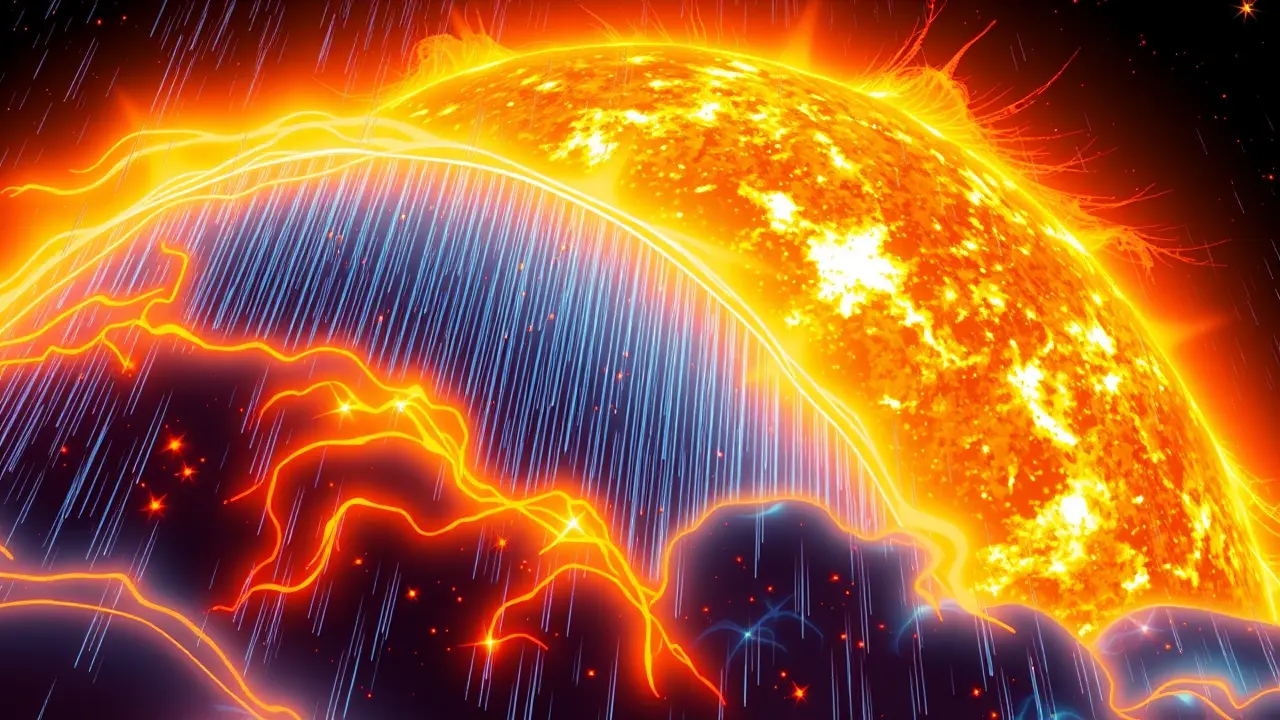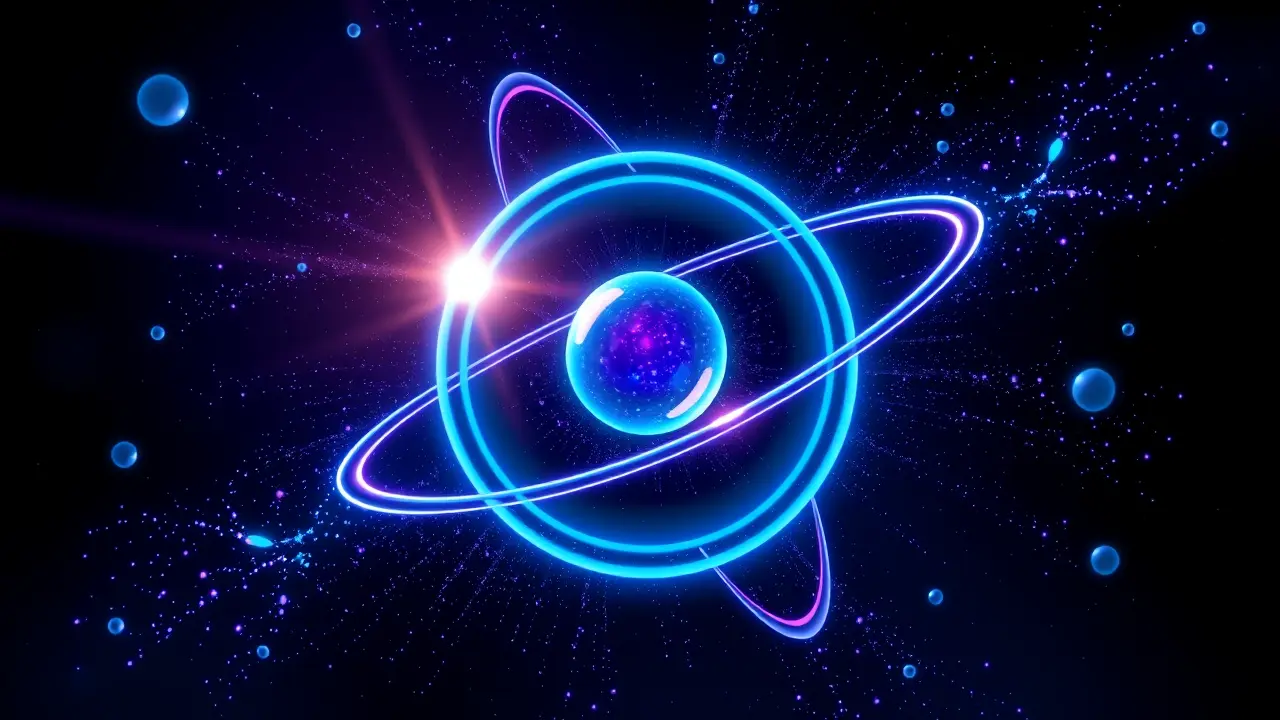
SciencephysicsTheoretical Physics
The bold idea that spacetime doesn’t exist
TH
Thomas Green
1 day ago7 min read
Picture the universe not as a majestic, flowing river of spacetime, as Einstein so elegantly proposed, but as a vast, interconnected web of individual moments—events that simply happen, one after another, without being stitched together on a cosmic fabric. This is the radical, almost heretical, proposition gaining traction at the bleeding edge of theoretical physics: that spacetime itself is an illusion, a convenient model we've constructed to make sense of the chaos, but not a fundamental reality.For decades, we've been philosophically trapped by this model, treating events as mere passengers on a spacetime stage, which has led us down rabbit holes of confusion, most spectacularly with the tantalizing but logically fraught paradoxes of time travel. If spacetime is the stage, then going back in time to prevent your own birth seems like a tantalizing possibility, a narrative straight out of a science fiction blockbuster.But what if the stage itself is the fiction? The new, clarifying perspective is that events are the primary objects; they don't occur *in* a pre-existing spacetime, they *are* the universe, and their relationships define what we perceive as time and space. This isn't just academic navel-gazing; it's a fundamental shift with profound implications for resolving the century-long cold war between general relativity and quantum mechanics.Think of it like the shift from Ptolemy's Earth-centric cosmos to Copernicus's heliocentric model—initially disorienting, but ultimately bringing a staggering new coherence. The great Einstein himself might have been the architect of the spacetime model, but even he was deeply troubled by its quantum implications, famously calling entanglement 'spooky action at a distance.' By demoting spacetime from a fundamental entity to an emergent property, a collective hallucination born from a deeper, more primitive quantum network of events, physicists are finding a path to untangle the spookiness. This emerging 'event-first' ontology suggests that the flow of time is a macroscopic illusion, much like the apparent movement in a film is an illusion created by a sequence of still frames.At the Planck scale, the universe might be a vast, static mosaic of happenings, and our conscious journey from birth to death is simply a path we trace through this frozen landscape. This idea finds resonance in approaches like causal set theory and certain interpretations of quantum gravity, where the continuum of spacetime is replaced by discrete, granular events linked by cause and effect.The consequences ripple far beyond the chalkboards of academia. For philosophy, it resurrects a potent form of presentism—the idea that only the present is real—and challenges our deepest intuitions about memory and identity.For cosmology, it offers new ways to think about the Big Bang, not as an explosion *in* space and time, but as the foundational event from which our perception of both emerged. And for the future of physics, it provides a potential bridge to a final, unified theory, one where the stubborn conflict between the infinitely large and the infinitesimally small finally finds resolution. It’s a bold, cosmic-scale rethink, reminding us that our most successful models are not necessarily mirrors of reality, but merely the best maps we have for a territory whose true nature remains magnificently, and humbly, beyond our full comprehension.
#featured
#spacetime
#philosophy of physics
#theoretical physics
#events
#time
#physics models
#conceptual analysis
Stay Informed. Act Smarter.
Get weekly highlights, major headlines, and expert insights — then put your knowledge to work in our live prediction markets.
Related News
© 2025 Outpoll Service LTD. All rights reserved.


